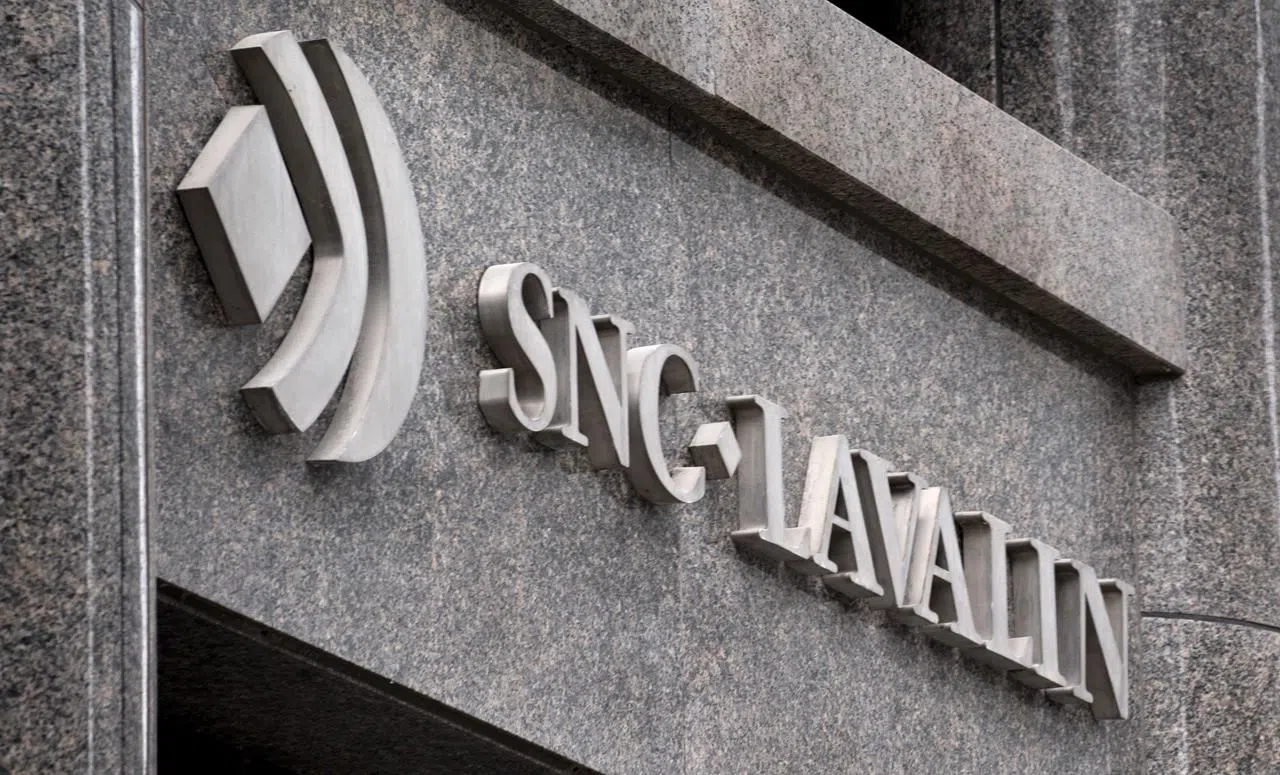
From whales to windows, SNC-Lavalin has extensive federal ties big and small
OTTAWA — From studies on northern transportation systems, to helping protect whales from toxins, to window washing — SNC-Lavalin has extensive federal ties amounting to tens of millions of dollars in contracts, big and small.
The Montreal-based engineering and construction firm could see its revenue stream from federal contracts dry up if it’s convicted on corruption charges and subsequently ruled ineligible to receive federal work — a possibility under the government’s integrity regime.
SNC-Lavalin also finds itself at the centre of a raging political controversy in Ottawa.
The company has pushed unsuccessfully for a special remediation agreement — a type of plea bargain — that would allow it to avoid a criminal prosecution.


